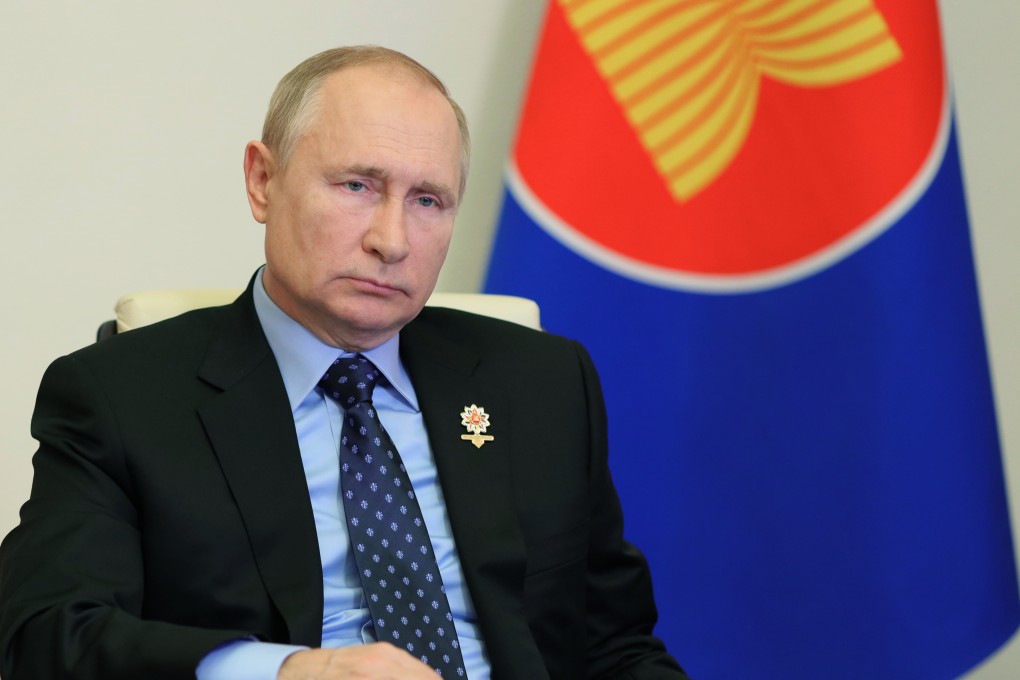Advertisement
Opinion | Russia’s invasion of Ukraine has jeopardised its once-promising pivot to Southeast Asia
- Moscow once saw the region as a source of new markets and partners amid cooling relations with the West, while Asean sought to break up US-China competition
- However, Asean is inherently averse to superpower military interventions, while sanctions will make trade difficult and costly, and hobble Russian arms exports
Reading Time:4 minutes
Why you can trust SCMP
36

“[I’m] better off in saying that my favourite hero is Putin,” Philippine President Rodrigo Duterte said just months into office. Declaring his “separation” from treaty ally America, he launched an “independent” foreign policy in favour of close strategic ties with Eastern powers such as Russia and became the first Philippine president to visit Moscow on two different occasions.
In neighbouring Indonesia, Defence Minister Prabowo Subianto, another right-wing populist, has even gone so far as to emulate Putin’s shirtless swagger, and also visited Moscow in pursuit of defence cooperation and arms deals.
Meanwhile, Southeast Asia’s economic dynamos of Singapore and Vietnam sought closer trade and investment ties with Moscow, signing historic free-trade agreements with the Russian-led Eurasian Economic Union.
Advertisement
Up until recently, Southeast Asian nations viewed Russia as a largely benign power that could serve as an alternative source of armaments, Covid-19 vaccines and energy investments. Now, Russia’s invasion of Ukraine has torpedoed its seemingly promising pivot to Southeast Asia.
With the exception of Vietnam and Laos, almost all members of the Association of Southeast Asian Nations (Asean) signed up to the UN General Assembly resolution condemning Moscow’s aggression. Singapore has even imposed sweeping economic sanctions against Russia, earning it a place on Moscow’s new list of “unfriendly countries”.
Advertisement
Throughout the 20th century, Moscow’s influence in Southeast Asia was confined to communist allies in Indochina. Following the collapse of the Soviet Union, it was reduced to a marginal player in regional affairs, leaving the US, China and Japan to take leading roles.
Advertisement
Select Voice
Select Speed
1.00x
